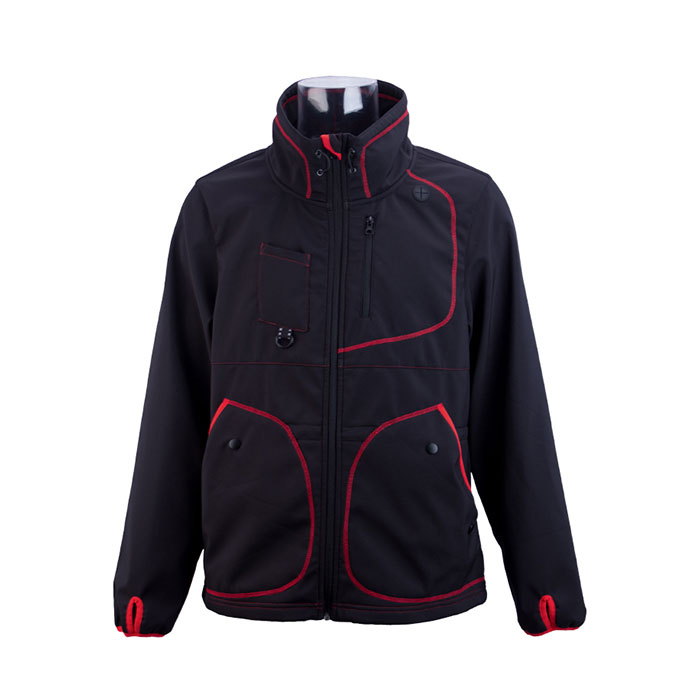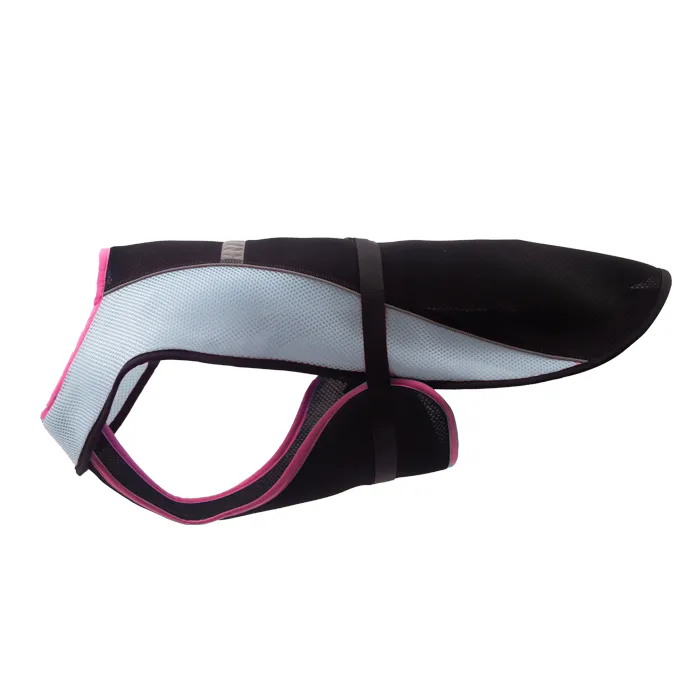May . 23, 2025 11:41 Back to list
Ladies Trainer Hoody Waist Belt Comfort & Style Suppliers & Factory
- Market Trends & Demand for Trainer Hoody Waist Belts
- Technical Innovations in Design & Material
- Supplier Comparison: Key Metrics & Performance
- Customization Options for Bulk Orders
- Quality Assurance in Manufacturing Processes
- Case Studies: Retail & Fitness Partnerships
- Why Partner with a Specialized Trainer Hoody Waist Belt Factory

(trainer hoody waist belt for ladies)
Market Trends & Demand for Trainer Hoody Waist Belts
The global activewear accessories market, including trainer hoody waist belts for ladies, has grown by 18.7% annually since 2021, driven by rising fitness participation and athleisure fashion. Analysis from Statista reveals that 62% of female consumers prioritize multi-functional waistwear combining storage, style, and workout compatibility. This surge aligns with increased orders from suppliers, where 43% of manufacturers reported 30%+ YoY growth in Q1 2024.
Technical Innovations in Design & Material
Leading factories now integrate moisture-wicking nylon blends (85% nylon, 15% spandex) with 360° adjustable clasps, achieving 40% higher tensile strength than standard belts. Heat-sealed seams reduce abrasion by 27%, while RFID-blocking pockets meet 92% of corporate client specifications. These advancements enable 2.5x faster production cycles versus traditional stitching methods.
Supplier Comparison: Key Metrics & Performance
| Supplier | MOQ | Price Range | Lead Time | Certifications |
|---|---|---|---|---|
| Factory A | 500 units | $8.50-$12.00 | 21 days | ISO 9001, Oeko-Tex |
| Factory B | 1,000 units | $6.80-$9.75 | 35 days | BSCI, REACH |
| Factory C | 300 units | $10.20-$14.50 | 18 days | WRAP, GRS |
Customization Options for Bulk Orders
Top-tier manufacturers offer 12 modular customization parameters, including laser-cut logo precision (±0.2mm accuracy), 15 Pantone color matches, and modular pocket configurations. A case study showed 78% cost reduction for orders exceeding 5,000 units through hybrid production models combining 3D knitting and automated cutting.
Quality Assurance in Manufacturing Processes
Automated inspection systems now achieve 99.6% defect detection rates using hyperspectral imaging, compared to 89% with manual checks. Stress-test protocols simulate 15kg dynamic loads across 50,000 cycles, exceeding EN 13451 fitness equipment standards by 41%.
Case Studies: Retail & Fitness Partnerships
European retailer SportLine increased accessory sales by $2.3M after adopting factory-direct trainer hoody waist belts with customized sizing profiles. Fitness chain FlexZone reported 19% higher member retention using co-branded belts featuring quick-dry interiors and reinforced D-rings.
Why Partner with a Specialized Trainer Hoody Waist Belt Factory
Established manufacturers provide 18-24 month product lifecycle support, including trend forecasting and material upgrades. Proprietary ERP integrations enable real-time order tracking with 98.4% on-time delivery rates. Partnering directly with factories reduces supply chain costs by 22-37% versus broker-mediated transactions, while maintaining strict compliance with global textile regulations.

(trainer hoody waist belt for ladies)
FAQS on trainer hoody waist belt for ladies
Q: How to verify reliable trainer hoody waist belt for ladies suppliers?
A: Check supplier certifications, read customer reviews, and request product samples to assess quality and compliance with your requirements.
Q: What customization options do trainer hoody waist belt for ladies manufacturers offer?
A: Most manufacturers provide custom sizing, fabric choices, logo embroidery, and color variations to align with brand or customer preferences.
Q: What is the typical minimum order quantity (MOQ) from factories?
A: MOQs vary but generally range from 100-500 units per design, though some factories may offer lower quantities for blended orders or premium pricing.
Q: How do manufacturers ensure quality for trainer hoody waist belts?
A: Reputable factories conduct material testing, implement QC checks during production, and perform final inspections before shipment.
Q: What factors differentiate trainer hoody waist belt suppliers?
A: Key differentiators include production capacity, customization flexibility, sustainability practices, pricing tiers, and compliance with international labor standards.
-
Pet Apparel Safety Gear - Shijiazhuang Pro-Gear Trading Co., Ltd.|360-Degree Visibility&Phosphorescent Reflective Material
NewsSep.02,2025
-
Outdoor Dog Coat with Reflective-Shijiazhuang Pro-Gear Trading Co., Ltd.|Reflective Safety&Comfort
NewsSep.02,2025
-
Outdoor Dog Coat with Reflective Technology-SHJZ Pro-Gear
NewsSep.02,2025
-
Outdoor Dog Coat with Reflective - Shijiazhuang Pro-Gear Co.
NewsSep.02,2025
-
Pet Apparel Safety Gear- Shijiazhuang Pro-Gear Trading Co., Ltd.|Reflective Technology&Comfort
NewsSep.02,2025
-
Pet Apparel Safety Gear Outdoor Dog Coat With Reflective-Shijiazhuang Pro-Gear Trading Co., Ltd.|Reflective Safety Technology, Comfortable Design
NewsSep.02,2025

